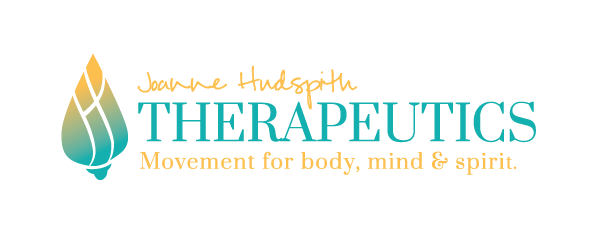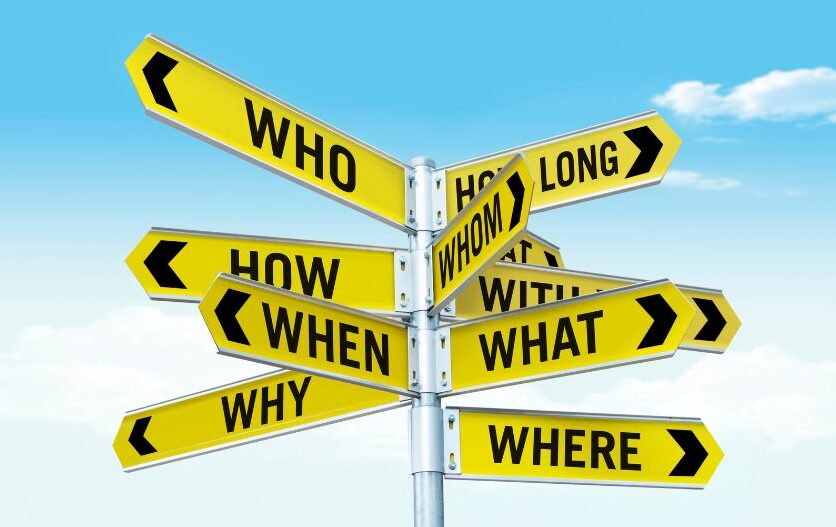| Winter can be a great opportunity to pause and look inward – here’s some food for thought during this introspective season… Back in November, I sent out a newsletter about improving our relationship to ourselves – this was a bit of a departure from my usual newsletters, as I didn’t really address movement or physical health. The thing is, it’s impossible to separate our minds and bodies. Our emotional, intellectual, spiritual and physical selves are not only connected, they’re interwoven. When there is a disturbance in our minds, it manifests in our bodies. I think the most valuable thing I teach people isn’t a particular exercise or movement, but how to listen to their bodies. When we improve the relationship we have with ourselves, we start to like and trust ourselves more, and become more able to listen to and believe what our bodies are telling us. Over the years I’ve spent helping people, I have learned a huge amount from my students and clients about the healing process. One of the key things I’ve noticed is that the people who are stuck, who seem to have hit a roadblock in their healing, are unable or unwilling to listen to what their bodies are telling them. They may be trying to will themselves into wellness, or are afraid that if they admit to the pain they’re in it is some kind of personal failure. They may be unwilling to reconcile the reality of the limitations of their physical issues with their mental picture of themselves, as they think they should be. Compassion, curiosity and self-love are conspicuously absent in this place of disconnect, discontent and self-criticism. When self-worth is tied to doing and achieving, instead of being, the chasm of disconnect deepens and widens. Breaking free of this pattern requires a willingness to change our behaviour. As I mentioned in my last newsletter, we’re almost always kinder to others than to ourselves, and our instincts around caring for others, especially those who are more vulnerable than we are, are usually pretty good. What advice would you give to a young nephew or niece who was recovering from a broken leg and impatient about getting back to soccer? If your dog came home from a walk limping, would you take it on a longer walk tomorrow? Ignoring pain and pushing through it doesn’t create more resilience, stability or strength – it creates more pain. Can you find enough love and compassion for yourself to listen to what your body is telling you, and start to change some old patterns? |




